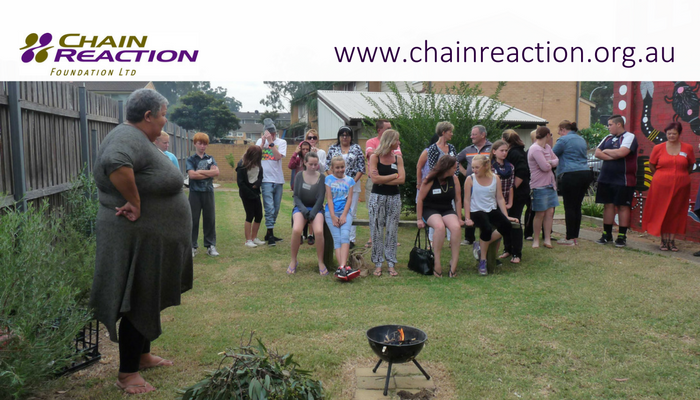People’s Voices Must Be Heard if We Are to Move Forwards

History is full of variables, but there are also constants. One such constant is as follows; exclude at your peril.
Societies which deny communities a seat at the table, which marginalise and dismiss the voices of certain groups of people, cannot survive. Whether this is done intentionally as it was in South Africa and in the USA in the mid to late 20th century, or simply happens by accident, it spells disaster for society as a whole.
There can be no such exclusion. Citizens voices have to be heard if we are to move forwards, together, as a cohesive and functioning society.
Cohesion and the Media
This is the ethos behind First Contact, a reality TV and documentary series which seeks to challenge held pre-conceptions with regard to Indigenous Australian and Torres Strait Islander peoples. In doing so, the show brings together groups which would otherwise have been divided, facilitating communication and shattering the walls of social exclusion.
Tanya Denning-Orman, Channel Manager for NITV, the station which broadcasts First Contact, and an Australian of First Nation heritage herself, explains more;
“First Contact is the kind of show which sparks important discussions relevant to all Australians, and it’s vital that we are a part of it,” she says. “NITV is demonstrating our solidarity with the generous Indigenous Australians who took part in the series; opening their homes and sharing their culture, as well as supporting a brave and unflinching Indigenous production company.”
In some instances, First Contact makes for uncomfortable viewing, as it showcases the separation and exclusion which still exists within Australian society. However, the prevailing sentiment is overwhelmingly positive; not only are the prejudices and attitudes of the six European-Australian participants directly broken down and re-framed in a new context, but so are those of many viewers.
An Ongoing Task at Hand
As we look, with tentative hopefulness, towards a brighter future for all Australians – regardless of race, religion, social background or economic advantage – it becomes obvious that this kind of action is necessary.
Statistics released by Australians Together in 2014 highlight just how vital action really is. The figures showed that the life expectancy of an Indigenous male born between 2010 and 2012 is a full 10 years less than that of a European-Australian male. Meanwhile, the infant mortality rate between 2008 and 2012 was 6.2 infant deaths per 1,000 live births for Indigenous youngsters, almost double the rate for Australians with European ancestry.
Across each and every metrics – from physical and mental health through education and employment opportunities – Indigenous Australians were shown to be disadvantaged. While this does not equate to a systematic and intentional exclusion of these peoples from Australian culture, it does represent a multitude of areas in which serious action must be taken to bring parity and equality to our society.
The effects of this resonate deeply, not just through Indigenous communities but across Australia in its entirety. If we take an active part in our society – which we should – then such a division becomes intolerable. Until we reach a point where all Australians access the same benefits and advantages of living in this wonderful country, there can be no let up.
The second series of First Contact will be broadcast on Tuesdays, Wednesdays and Thursdays on NITV and on SBS at 8:30pm. I sincerely hope the show can help to inspire this generation of Australians to be the one which breaks the chain of inequality, and commits, finally, to a truly cohesive society.
Margaret Bell, AM - Founder and CEO of Chain Reaction Foundation.
| Website | Donate to our Foundation | Contact Us | Purchase the Book |
